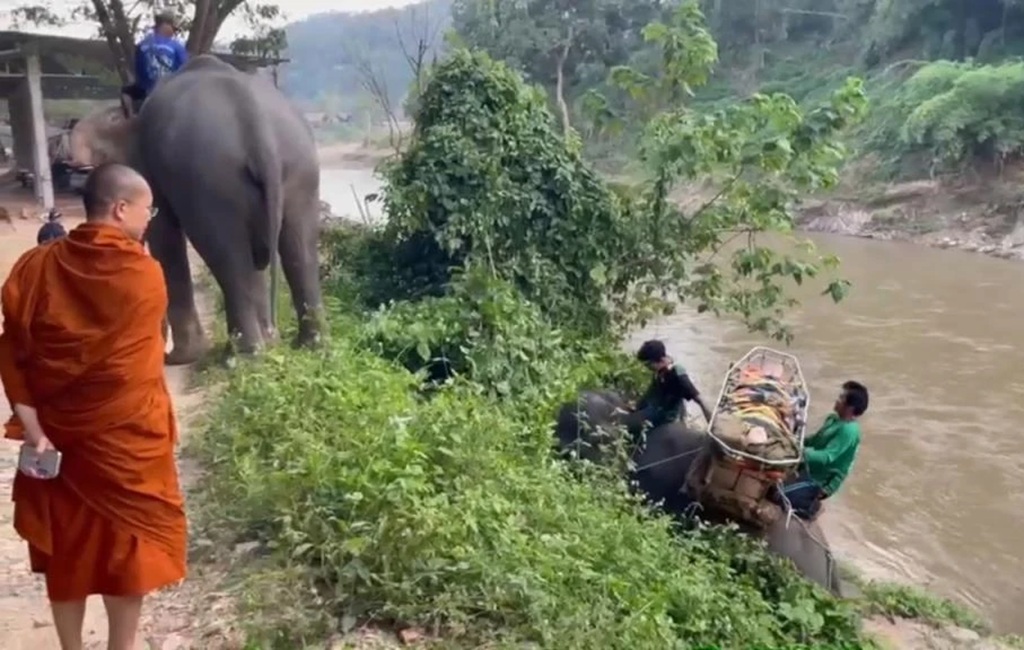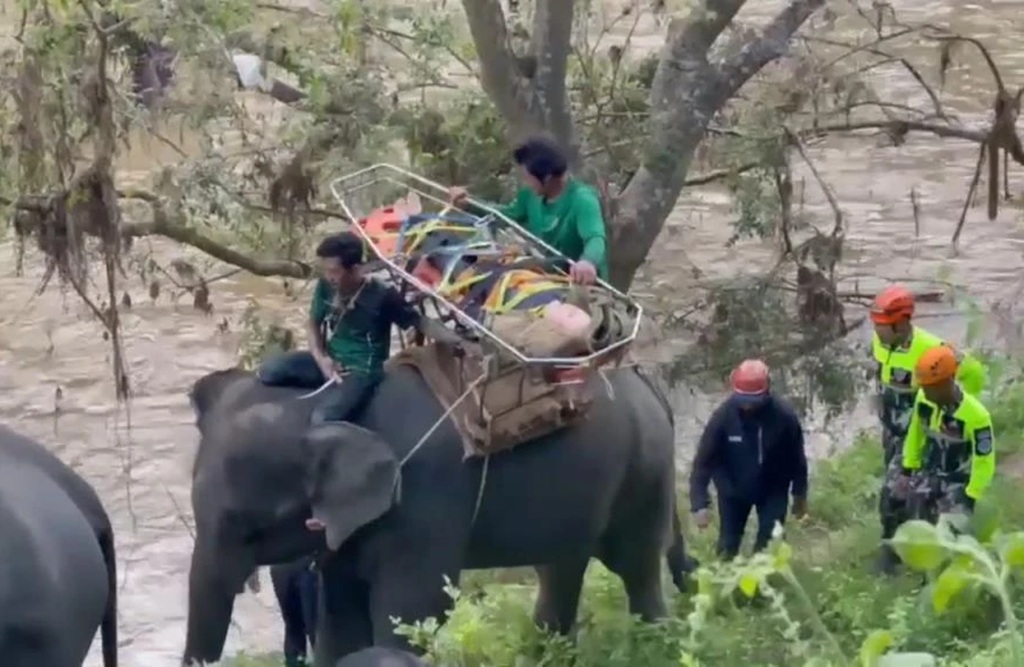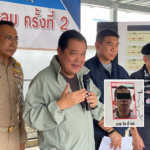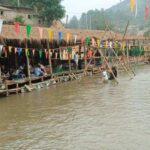Chiang Mai’s Department of National Parks and Wildlife is initiating a ground-breaking effort involving elephant rescue operations. The mountain rescue elephant training school is believed to be the first of its kind in Thailand.
Thailand’s northern region is no stranger to natural disasters. Landslides, flash floods, and difficult terrain often hinder rescue efforts. Incorporating elephants into these scenarios could prove revolutionary.
The training program collaborates with local sanctuaries, elephant handlers (mahouts), and rescue teams. The Saen Family Elephant Sanctuary in Mae Taeng District will spearhead the program, including three elephants in a trial program.
According to the Parks Department, mountain rescue missions often occur in rocky, difficult-to-reach places, testing even the most modern technology and human teams.

Elephants, on the other hand, naturally navigate difficult terrain. Their size, strength, and intelligence make them ideal for disaster zones, where vehicles and humans struggle.
The program emphasizes ethical training practices. Trainers ensure that elephants are not overworked or harmed. Instead, they want to incorporate their innate abilities into rescue situations while maintaining their health.
Three male elephants, Plai Saenthap, Plai Valentine, and Plai Ngam, were brought in to learn since they are robust and have experience trekking through high jungles. Elephants can safely navigate small routes, steep hills, and rocky regions.
Their capacity to lift heavy loads makes them ideal for transporting supplies or injured individuals. The elephants are being trained to perform three main duties: clearing a path in the forest, carrying wounded people, and transporting medical equipment or more than one person injured in an accident.
The mahouts train elephants to respond to precise verbal and physical orders. This communication is critical in high-stress situations where prompt response is required.
Their training involves simulations of loud noises, crowds, and chaotic conditions to prepare the elephants for real-life rescue operations. Their calm manner during an emergency can make all the difference.

Organizations such as the Save Elephant Foundation and Elephant Nature Park prioritize giving rescued elephants a meaningful but non-harmful purpose. These groups advocate for proper rest, nutrition, and medical care for the elephants involved.
The program has sparked tremendous public attention. Locals and visitors are attracted by the concept of elephants playing such a unique role. This attention raises awareness about elephant conservation and demonstrates their intelligence and adaptability.
If the Chiang Mai program is successful, it has the potential to grow to other parts of Thailand and elsewhere. Countries with similar landscapes and strong cultural ties to elephants may follow this novel strategy.

Geoff Thomas is an award winning journalist known for his sharp insights and no-nonsense reporting style. Over the years he has worked for Reuters and the Canadian Press covering everything from political scandals to human interest stories. He brings a clear and direct approach to his work.














